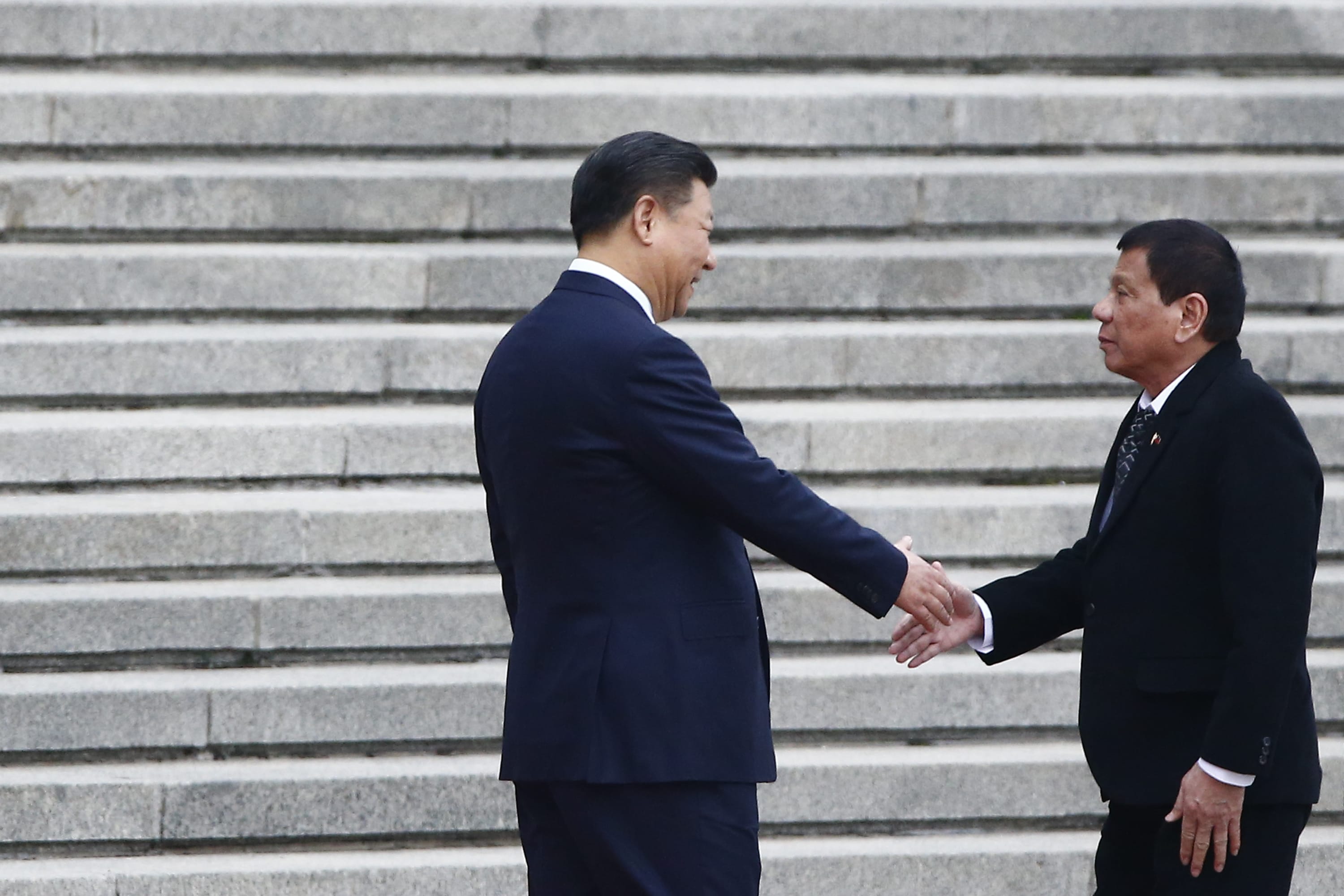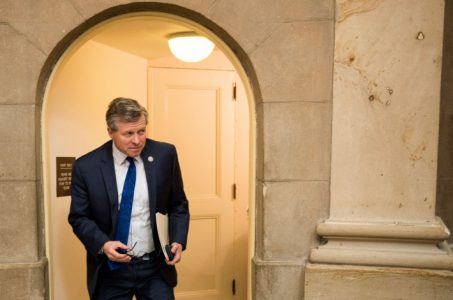Duterte Meets Xi, Discusses China Call For Banning Philippine Online Gambling
Posted on: August 30, 2019, 06:37h.
Last updated on: August 30, 2019, 01:39h.
A recent diplomatic spat over online gambling was on the agenda when Philippine President Rodrigo Duterte met his Chinese counterpart, Xi Jinping, in Beijing on Thursday.

While a long-running dispute over territories in the South China Sea took precedence, a presidential spokesman confirmed the pair had touched on the Philippines offshore online gambling industry (POGOs), which target mainland Chinese in defiance of Beijing.
Earlier this month, the Chinese Embassy in Manila took the unprecedented move of calling on Philippine authorities to “take concrete and effective measures to prevent and punish” POGOs that target players in China and illegally employ Chinese citizens.
Worst-Kept Secret
The POGOs have become a cash cow for the Philippine government since they were licensed and regulated in 2016. The companies, predominantly owned by Chinese nationals and largely employing Mandarin speakers, (sometimes illegally employing them), are not permitted to target Filipinos or the citizens of any country where gambling is illegal online, including China.
Despite recent denials by the Philippine regulator PAGCOR, the Chinese contend the vast majority of their business comes from players in mainland China.
At a media briefing on Friday, presidential spokesperson Salvador Panelo said the Chinese president had praised the Philippines’ recent decision to suspend the issuing of new licenses, but added the caveat that “[Xi] will appreciate more if POGO will be eliminated or stopped.”
Panelo said Duterte did not have the chance to respond. But the president would “probably” be prepared to at least study the economic implications of a total ban on online gambling.
Others were taking a more defiant stance.
“He [Duterte] will say it’s legal in the Philippines,” Philippine Ambassador to China Jose Santiago Sta. Romana said in a televised briefing from Beijing, as reported by The Philippine Enquirer. “They can’t dictate on us. That’s our sovereign decision. That is where we stand.”
Smokescreen for Espionage?
Meanwhile, The Asia Times reports that, among some Philippine politicians, a completely different narrative is emerging. Defense Secretary Delfin Lorenzana and others have suggested the POGOs could be a front for Chinese espionage activities, and Beijing’s recent protests a smokescreen tactic to put Philippine authorities off the scent.
The theory emerged after a series of aerial photographs were posted in online defense forums, which showed that many of the POGOs are clustered around military bases in Manila.
Around 130,000 Chinese have come to work for the POGOs, and many are based around Philippine Air Force and Navy headquarters, Philippine National Police headquarters, and even Camp Aguinaldo, the offices of the Philippine Army and the National Defense Department.
“When you already see many people [at the POGOs] who are always there…it’s very easy for all these [Chinese] people to perhaps shift their activities to spying. They are near [military facilities],” said Lorenzana.
Related News Articles
New Online Gambling Ban Bill Introduced to US House
Bernie Sanders Announces 2020 Candidacy, Joins Crowded Democratic Field
Most Popular
Mirage Las Vegas Demolition to Start Next Week, Atrium a Goner
Where All the Mirage Relics Will Go
Most Commented
-
Bally’s Facing Five Months of Daily Demolition for Chicago Casino
— June 18, 2024 — 12 Comments
















No comments yet